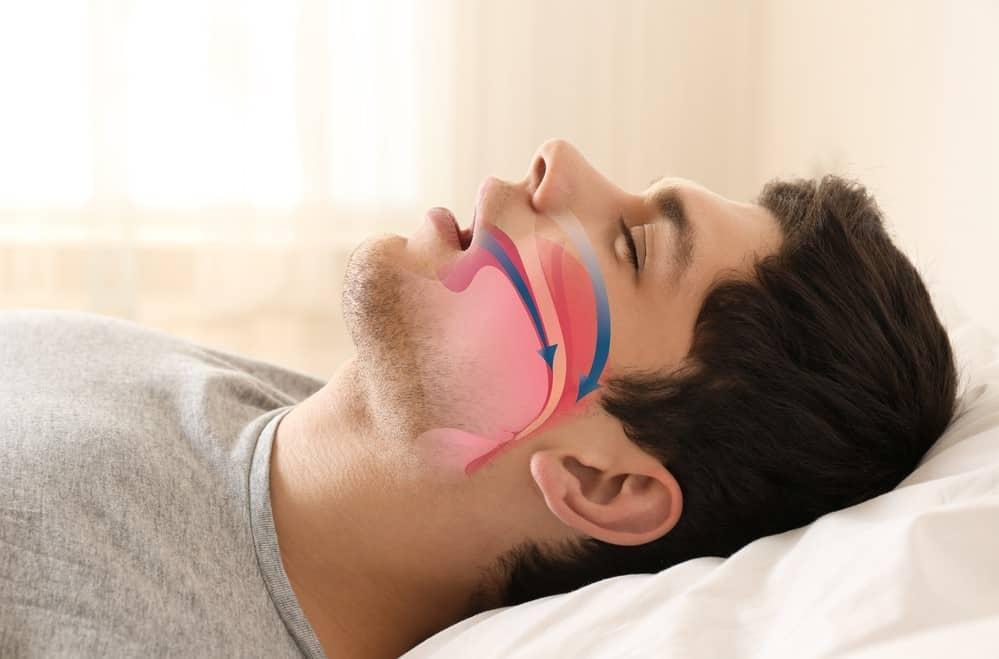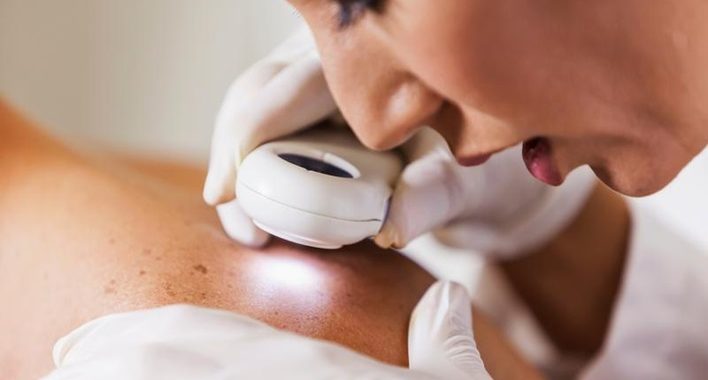Sleep Disorders And Neurology: An Overlooked Connection

Imagine, it’s the middle of the night in Falls Church. You’re lying in bed, eyes wide open, sleep as elusive as a four-leaf clover. You twist and turn, sleep is a distant dream. Welcome to the world of sleep disorders, a realm where the boundary between sleep and wakefulness is a complex labyrinth. But here’s something you might not have thought about: there’s an overlooked connection between sleep disorders and neurology. This connection could hold the key to new methods for pain management Falls Church. Let’s unravel this mystery together.
The Missing Link
Neurology, the study of the nervous system, holds a significant role in sleep regulation. Our sleep-wake cycle is governed by our brain – the command center of our nervous system. So, it’s not surprising that when something goes wrong in this complex network, our sleep suffers.
Neurological Disorders and Sleep Disruption
Neurological disorders such as Parkinson’s disease, Alzheimer’s disease, and multiple sclerosis are often accompanied by sleep disorders. These sleep issues are not just side effects but can be critical indicators – warning signs of the brewing storm.
For instance, sleep apnea, a condition where breathing repeatedly stops and starts during sleep, has been linked to Parkinson’s disease. Likewise, insomnia is often a companion of Alzheimer’s disease. Understanding the relationship between these conditions could pave the way for innovative pain management in Falls Church.
The Sleep-Pain Connection
Then, there’s the connection between sleep disorders and pain. Researchers have found that chronic sleep disruption can lead to heightened pain sensitivity. This finding is crucial for pain management strategies.
It’s like a Vicious circle. You can’t sleep because you’re in pain. And the lack of sleep, in turn, exacerbates the pain. Breaking this cycle could be a game-changer for pain sufferers in Falls Church.
Unraveling the Mystery
To untangle this web, neurologists are delving deep into the brain’s workings during sleep. Using advanced techniques, they’re mapping the neural pathways that control sleep and wakefulness, studying how disruptions in these pathways can lead to sleep disorders and heightened pain. These insights could revolutionize pain management in Falls Church.
In conclusion, the connection between neurology and sleep disorders is more profound and significant than many realize. Unveiling this connection can provide new avenues for managing sleep disorders and chronic pain. Let’s look forward to a future where peaceful, restorative sleep is within reach for everyone in Falls Church.

 Top 5 Benefits of Specialized Healthcare for Veterans
Top 5 Benefits of Specialized Healthcare for Veterans  Which delta 9 gummies are known for their potency?
Which delta 9 gummies are known for their potency?  Ways to Relieve Back Pain Naturally
Ways to Relieve Back Pain Naturally  The Life-Saving Benefits of Mohs Surgery for Skin Cancer
The Life-Saving Benefits of Mohs Surgery for Skin Cancer  Finding the Right Florida Pain Management Center
Finding the Right Florida Pain Management Center  A Lifetime of Brain Health: Tips for Every Decade
A Lifetime of Brain Health: Tips for Every Decade  From Breath to Flow: Understanding the Role of Pranayama in Vinyasa Yoga
From Breath to Flow: Understanding the Role of Pranayama in Vinyasa Yoga  The Role of Supplements in Modern Health: A Balanced Perspective
The Role of Supplements in Modern Health: A Balanced Perspective